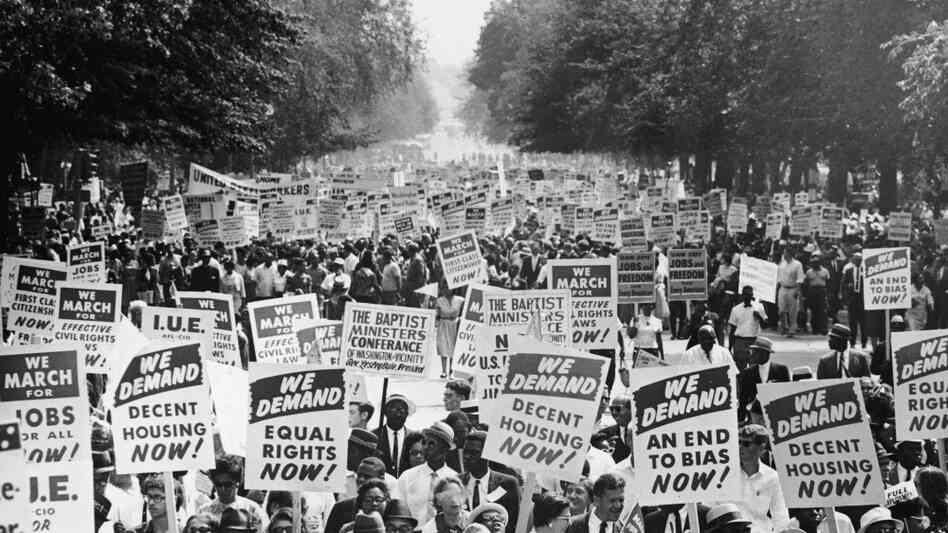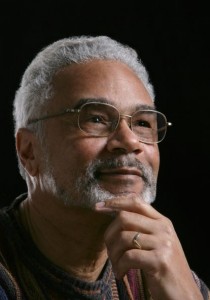In this show, the team at the Metta Center explores nonviolence for daily living, events around the nonviolence movement, and nonviolence in the news. The second portion of the show is an interview with Dr. Clayborne Carson about the historic significance of the 1963 March on Washington.

Listen to PPR for August 23, 2013 by clicking this link or clicking on the grey arrow below. (If you right click on the link you can download the talk to your computer and listen on-the-go.)
[audio: http://archives.mettacenter.org/wp-content/uploads/2013/08/peace_paradigm_2013-08-23.mp3]***
Nonviolence for Daily Living, read by Gregory Otieno:
From the website of Ekanth Easwaran, at www.easwaran.org:
The test of a man or woman is how they behave in a quarrel.
– GEORGE BERNARD SHAW
When tempers are frayed, and an argument is in progress, it is very difficult for anyone to listen with courtesy to an opposing point of view. If we could ask the mind on such occasions why it doesn’t listen, it would answer candidly, “Why should I? I already know I’m right.” We may not put it into words, but the other person gets the message: “You’re not worth listening to.” It is this lack of respect that offends people in an argument, much more than any difference of opinion.
But respect can be learned – in part by acting as if we had respect. We show respect by simply listening with complete attention. Try it and see: the action is very much like that of a classical drama. For a while there is “rising action.” The other person’s temper keeps going up; language becomes more and more vivid; everything is heading for a climax. But then comes the denouement. The other person begins to quiet down: his voice becomes gentler, his language kinder, all because you have not retaliated or lost your respect for him.
***
Nonviolence in the News: an analysis by Michael Nagler on the heroic actions of Antoinette Tuff.
***
Meet our guest: Dr. Clayborne Carson
Selected in 1985 by the late Mrs. Coretta Scott King to edit and publish the papers of her late husband, Stanford University historian Clayborne Carson has devoted most his professional life to the study of Martin Luther King, Jr., and the movements King inspired. Under his direction, the King Papers Project has produced six volumes of a definitive, comprehensive edition of speeches, sermons, correspondence, publications, and unpublished writings. Dr. Carson has also edited numerous other books based on King’s papers. In 2005 the King Papers Project became part of the Martin Luther King, Jr., Research and Education Institute at Stanford University, with Dr. Carson serving as the institute’s founding director. Read more about Dr. Carson here.
Podcast: Play in new window | Download
Subscribe: RSS









